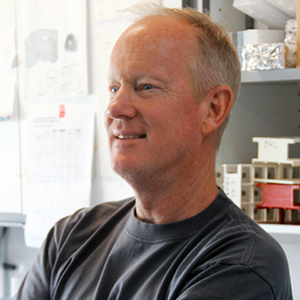Multiple human adenovirus (HAd) infections during childhood generate a memory T-cell (T(M)) response, which is the primary defense against HAd-induced morbidity. This cellular memory creates a conundrum for the potential clinical use of HAd-derived vectors: vector-mediated gene transfer is efficient in immunologically naive mammals but will be compromised by memory immunity when using vectors derived from ubiquitous human pathogens. The potential lack of cellular and humoral memory is one reason we developed vectors from canine adenovirus serotype 2 (CAV-2). Here, we assayed human peripheral blood mononuclear cells for a T(M) response that could be stimulated by CAV-2 virion and individual capsid proteins. We found that less than half of the donors harbored a proliferating T(M) response directed against the CAV-2 virion (versus >85% against HAd5) in spite of a conserved antigenic Adenoviridae epitope in the CAV-2 hexon. When CAV-2 induced proliferation, it was 2.3- to >10-fold lower than HAd5 depending on the assay. The primary proliferating cells appeared to be memory (CD45RO+) CD4+ lymphocytes, differentiated into Th1 gamma interferon-producing cells, with a frequency that was up to 66-fold lower than that obtained for HAd5. We also compared CAV-2 to prototype HAd from five of the six human species and found that CAV-2-induced cellular proliferation was similar to that found with rare HAd serotypes. Individual CAV-2 capsid proteins also induced less proliferation than their HAd5 homologues. Our data suggest that CAV-2 vectors may be safer (i.e., less immunogenic) for gene transfer but are not without a theoretical risk in a subset of potential patients.
Frequency, proliferation, and activation of human memory T cells induced by a nonhuman adenovirus
Perreau, M.; Kremer, E. J.
2005
J Virol
2005-12 / vol 79 / pages 14595-605
Abstract
IGMM team(s) involved in this publication

Eric J Kremer
Adénovirus : Récepteurs, Trafic Intracellulaire et Vectorologie
Étiquettes
Humans; *Cell Proliferation; *Lymphocyte Activation; Genetic Vectors; Adenoviridae/genetics/*immunology/physiology; Adenoviruses, Canine/genetics; Antigens, Viral/immunology; Capsid Proteins/genetics/*immunology; CD4-Positive T-Lymphocytes/*immunology/virology; Immunologic Memory
